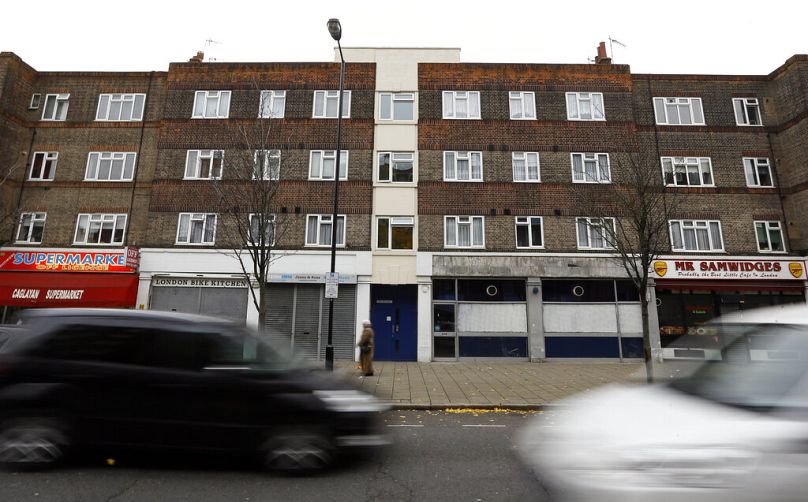The price of an average house in the UK increased further in January, at the swiftest rate since October, according to mortgage provider Nationwide.
British house prices climbed by 0.7% month on month in January, with a yearly decline of just 0.2%, according to the latest figures from mortgage lender Nationwide Building Society.
 ADVERTISEMENT
ADVERTISEMENT
 ADVERTISEMENT
ADVERTISEMENT
"UK house prices rose by 0.7% in January, after taking account of seasonal effects. This resulted in an improvement in the annual rate of house price growth from -1.8% in December to -0.2% in January, the strongest out-turn since January 2023," Nationwide chief economist Robert Gardner said commenting on the figures.
According to Gardner, the trajectory of mortgage rates is crucial for the housing market, presenting a challenge in 2023 for individuals looking to buy a house.
"If average mortgage rates were to trend down to 4%, this would ease the mortgage payments burden to 34% of take-home pay (assuming house prices and earnings are unchanged)," he said.
"However, other things equal, mortgage rates of 3% (still well above the lows seen in the wake of the pandemic) would be needed to bring this measure of affordability back towards its long run average."
The current average house price remains £16,000 (€19,000) below its peak of £273,750 (€320,400) recorded in August 2022, a period marked by the impact of rising interest rates on the property market.
However, prices continue to stand approximately £42,000 (€49,000) higher than those observed in January 2020, mirroring the rapid expansion during the pandemic when record-low interest rates increased demand, as reported by the Financial Times.
Saving for a deposit remains a significant challenge for homebuyers, Nationwide said. It estimates that a 20% deposit for a typical first-time buyer's home now equals approximately 105% of the average annual gross income.
Similarly, people searching for rental properties are facing higher prices because of a high level of competition.
In the last quarter of 2023, the average advertised rents outside London in the UK reached £1,280 (€1,500) per month, marking a 9.2% increase compared with the previous year. This, reported property site Rightmove, represented the lowest annual growth rate observed since 2021.
In England, those with a median household income are spending around 26% on median-priced rented homes. In Wales, it is 23% and, in Northern Ireland, the figure is 25%.
Rightmove's forecasts for next year suggest a 5% increase in average rents outside London and 3% within the capital.











